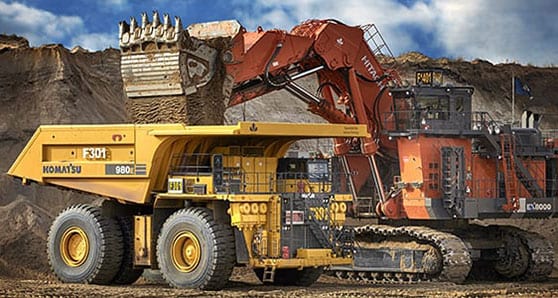 Suncor Energy is investing $1.4 billion in low-carbon energy cogeneration at its Oil Sands Base Plant as it replaced its coke boilers with two cogeneration units.
Suncor Energy is investing $1.4 billion in low-carbon energy cogeneration at its Oil Sands Base Plant as it replaced its coke boilers with two cogeneration units.
“This is an excellent example of how Suncor invests in economically robust, sustainable and technologically progressive projects,” said Mark Little, president and chief executive officer, in a news release.
“This project generates economic value for Suncor’s shareholders while providing reliable, low-carbon base electricity equivalent to removing 550,000 cars from the road, representing approximately 15 per cent of the vehicles currently in circulation in Alberta.”
The company said the cogeneration units will provide reliable steam production in Suncor’s extraction and upgrading processes and will produce 800 megawatts (MW) of electricity. The electricity produced will be transferred to the Alberta grid, providing reliable, low-carbon base electricity. It will produce approximately eight per cent of Alberta’s current electricity demand. This project will increase the demand for clean natural gas in Western Canada, added Suncor.
It said the project will provide a high return. The units are expected to enter service in the second half of 2023.
“This project will make a significant contribution to the company’s goal of increasing free cash flow by $20 billion by 2023. This will be achieved through reductions in oil sands operating costs and sustaining capital and improved margins. This project will also contribute significantly to the GHG (greenhouse gas) reduction goal that Suncor has publicly announced,” it said.
“The replacement of coke boilers with cogeneration units will reduce the GHG emissions associated with steam production at the base plant by approximately 25 per cent. Sulphur dioxide and nitrogen oxide emissions are expected to be reduced by approximately 45 per cent and 15 per cent, respectively. Cogeneration units will eliminate the need for a flue gas desulphurization system currently used to reduce sulphur emissions associated with petroleum coke. The removal of the flue gas desulphurization system will reduce the volume of water taken by the company in the Athabasca River by approximately 20 per cent.”
Mario Toneguzzi is a Troy Media business reporter based in Calgary.
The views, opinions and positions expressed by columnists and contributors are the author’s alone. They do not inherently or expressly reflect the views, opinions and/or positions of our publication.


